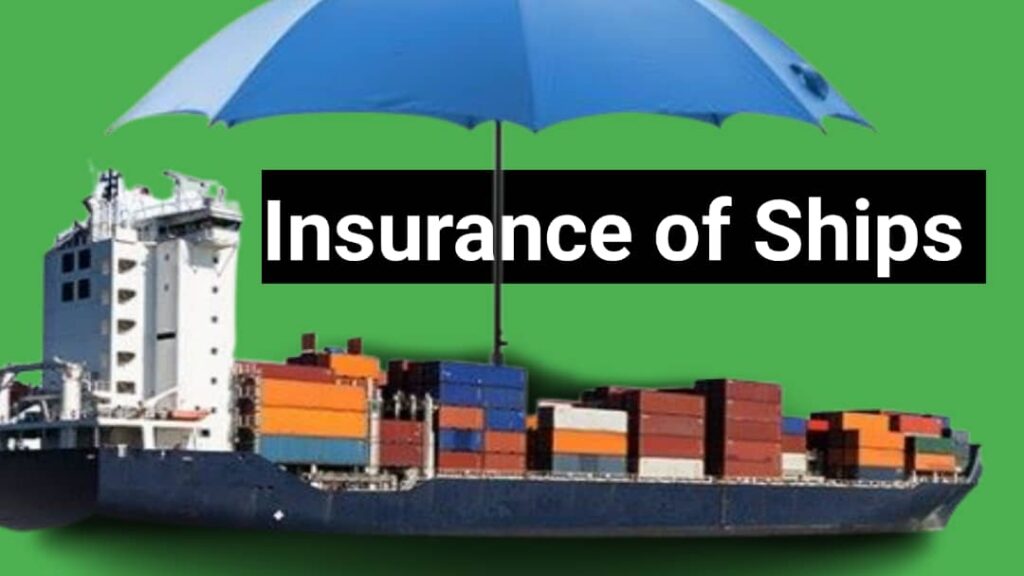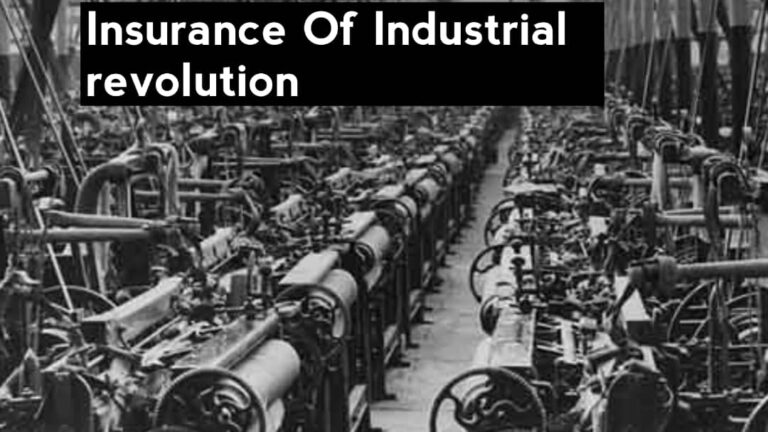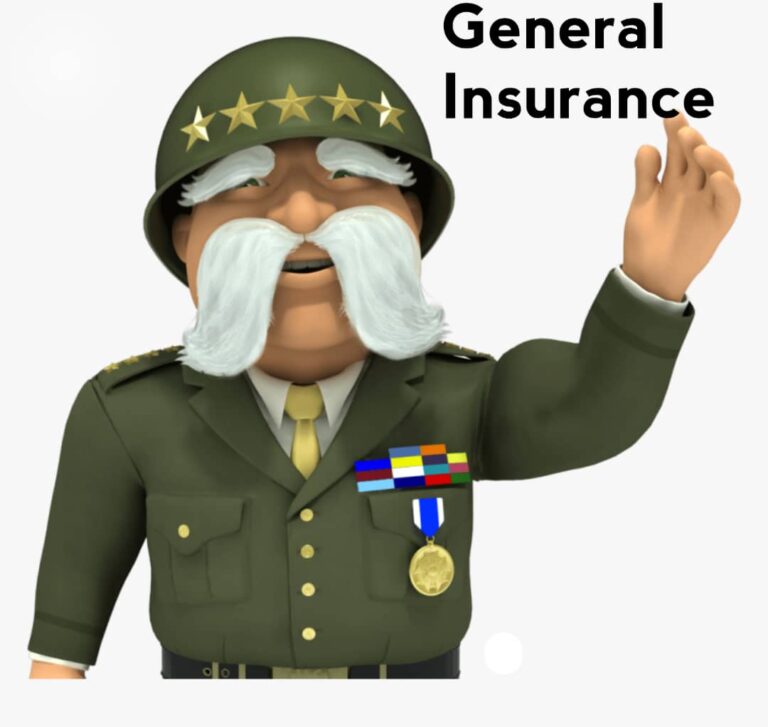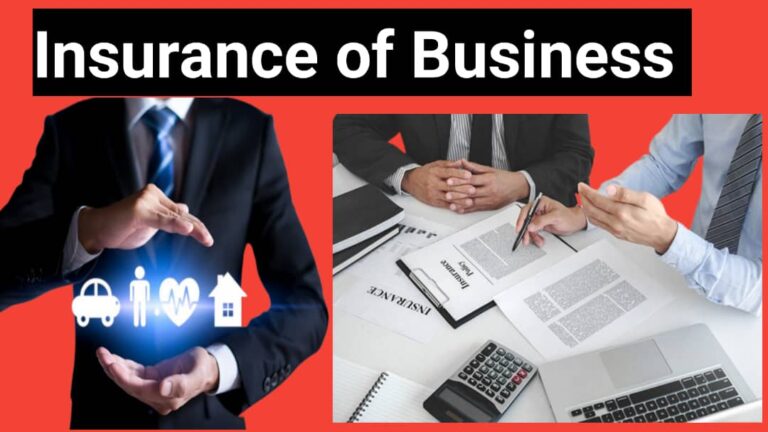INSURANCE OF SHIPS

Insurance plays a crucial role in the maritime industry to protect ships, their cargo, and associated liabilities. Here are some key points regarding the insurance of ships:
Hull and Machinery Insurance: Hull and machinery (H&M) insurance provides coverage for physical damage or loss to the ship itself and its machinery. It includes risks such as collisions, groundings, fires, sinking, or piracy attacks. H&M insurance typically covers repairs or replacement costs, salvage expenses, and can include loss of hire coverage for income lost during repairs.
Protection and Indemnity (P&I) Insurance: P&I insurance covers third-party liabilities arising from the operation of a ship. It provides compensation for liabilities related to cargo damage, pollution, collisions, personal injuries, or damage to other vessels or property. P&I clubs offer mutual insurance coverage and also provide legal defense and claims handling services.
Cargo Insurance: Cargo insurance protects the goods being transported by ships against loss or damage during transit. It covers risks such as theft, damage due to improper handling or stowage, natural disasters, or accidents. Cargo insurance can be arranged by shipowners, cargo owners, or freight forwarders.
War Risk Insurance: War risk insurance covers losses or damages caused by acts of war, hostilities, strikes, piracy, or terrorism. It provides additional coverage beyond regular hull and machinery insurance and is especially relevant for ships navigating in high-risk areas or during times of geopolitical unrest.
Loss of Hire Insurance: Loss of hire insurance compensates shipowners for lost income when a ship is unable to operate due to a covered peril. It helps cover ongoing expenses while the vessel is under repair or out of service.
Protection and Indemnity (P&I) Club: P&I clubs are mutual insurance associations owned by their members, typically shipowners. They provide P&I insurance coverage, risk management services, legal assistance, and claims handling. P&I clubs operate on a mutual basis, with members contributing to a shared pool of funds to cover claims.
International Conventions and Regulations: The insurance requirements for ships are often influenced by international conventions and regulations. For example, the International Convention on Civil Liability for Oil Pollution Damage (CLC) and the International Convention on the Limitation of Liability for Maritime Claims (LLMC) establish liability limits and insurance requirements for oil spills and other maritime incidents.
Classification Society Requirements: Ships are often required to meet certain standards set by classification societies to obtain insurance coverage. Classification societies assess the seaworthiness, safety, and maintenance of ships through inspections and surveys. Compliance with these standards may be a prerequisite for insurance coverage.
Insurance Brokers and Underwriters: Shipowners often work with insurance brokers and underwriters who specialize in marine insurance. These professionals help shipowners navigate the complexities of insurance policies, assess risks, obtain competitive quotes, and arrange coverage that suits their specific needs.
Loss Prevention and Risk Management: Shipowners and operators focus on loss prevention and risk management to minimize the likelihood of incidents and claims. This includes adhering to safety regulations, implementing proper maintenance practices, training crew members, and utilizing technological advancements for vessel monitoring and risk mitigation.
It’s important for shipowners and operators to work closely with insurance professionals, brokers, and underwriters who specialize in marine insurance to ensure appropriate coverage, compliance with international regulations, and effective risk management strategies.
Certainly! Here are some additional details and considerations regarding the insurance of ships:
Marine Liability Insurance: In addition to P&I insurance, shipowners may also obtain specific liability coverage for certain activities or risks. For example, charterers’ liability insurance covers liabilities assumed by charterers under a charter party agreement. Stevedores’ liability insurance protects against liabilities arising from the loading and unloading of cargo. Ship repairers’ liability insurance covers liabilities related to ship repair and maintenance activities.
Builders’ Risk Insurance: Builders’ risk insurance provides coverage during the construction or conversion of a ship. It protects against risks such as damage to the hull, machinery, or equipment while under construction, as well as liability for third-party property damage or bodily injury occurring at the shipyard.
Increased Value (IV) Insurance: Increased Value insurance covers the difference between the insured value of a ship and its market value. It provides an additional layer of coverage to compensate shipowners for potential depreciation if a total loss occurs.
Loss of Profit Insurance: Loss of profit insurance, also known as business interruption or loss of earnings insurance, is relevant to shipowners or operators who rely on the income generated from the operation of their vessels. It protects against financial losses resulting from an interruption in operations due to a covered event, such as a collision or machinery breakdown.
Deductibles and Policy Limits: Similar to other insurance types, ship insurance policies typically include deductibles, which are the amounts shipowners must pay out of pocket before the insurance coverage applies. Policy limits define the maximum amount the insurer will pay for a covered loss. Shipowners should carefully consider deductibles and policy limits in relation to their financial capabilities and risk tolerance.
Lloyd’s Open Form (LOF): The Lloyd’s Open Form is a standard salvage agreement often used in the shipping industry. Under the LOF, the salvor’s compensation is determined based on a percentage of the value of the salved property. Insurance coverage for salvage operations is typically provided through specialized salvage insurance.
International Group of P&I Clubs: The International Group of P&I Clubs is an association of P&I clubs that collaborate to provide mutual insurance coverage and share large claims. The International Group negotiates reinsurance contracts on behalf of its member clubs to provide additional financial protection against significant claims.
Certification and Compliance: Ships are required to comply with various international conventions and regulations related to safety, pollution prevention, crew welfare, and liability. Insurance providers may require proof of compliance with these regulations as a condition for coverage.
Risk Assessment and Loss Control: Shipowners and operators should conduct thorough risk assessments to identify potential hazards and implement appropriate loss control measures. This can include maintenance programs, crew training, safety protocols, and regular inspections to mitigate risks and minimize the likelihood of accidents or incidents.
Legal Assistance and Claims Handling: Insurance providers often offer legal assistance and claims handling services to support shipowners in the event of a claim or legal dispute. This can include legal representation, advice on liability issues, and assistance with claims documentation and settlement negotiations.
Given the complexity of the maritime industry and the specific risks faced by ships, it’s important for shipowners and operators to work closely with specialized insurance brokers, underwriters, and legal experts who have expertise in marine insurance. These professionals can help navigate the intricacies of insurance policies, ensure compliance with regulations, and develop comprehensive risk management strategies to protect ships, cargoes, and associated liabilities.






